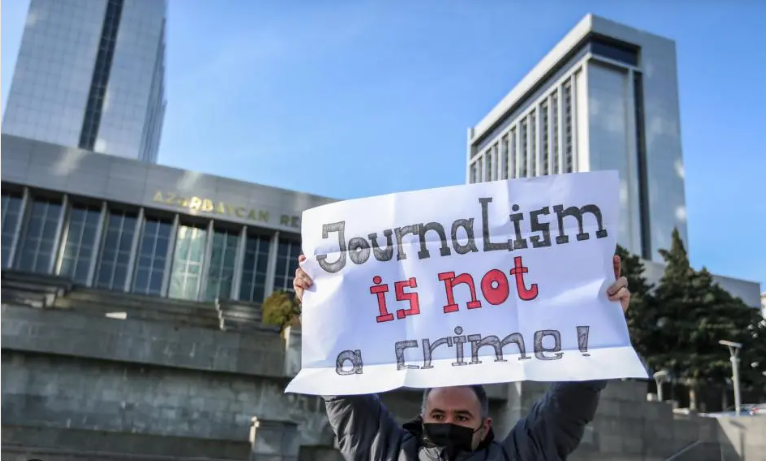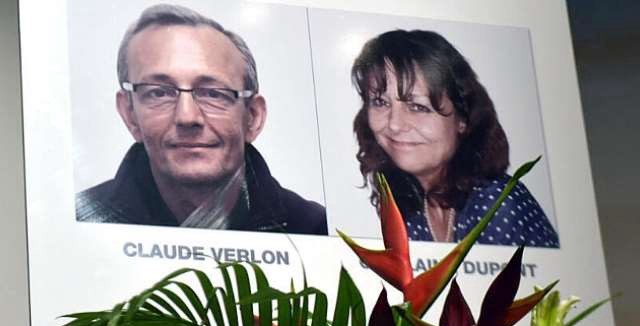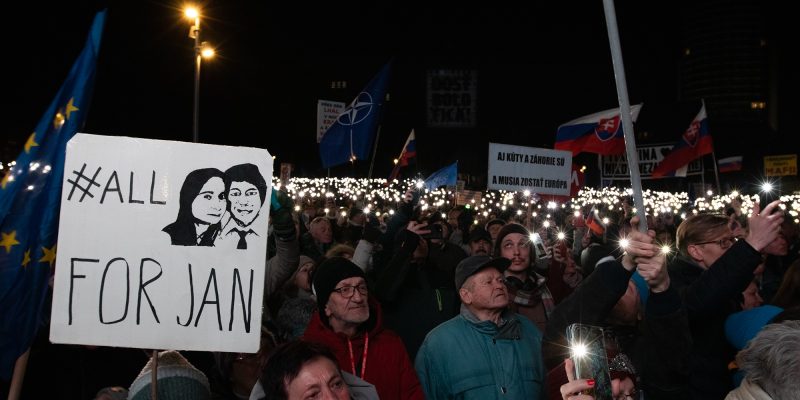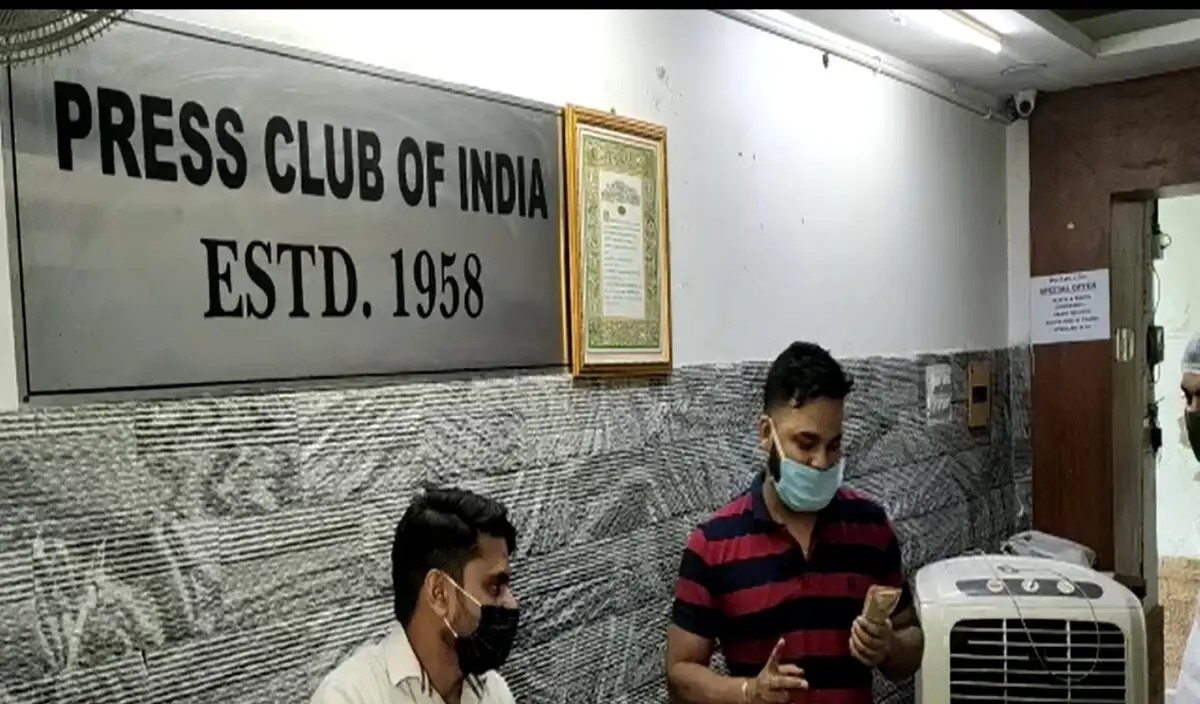
Uttar Pradesh Journalist Arrested Over Election Coverage
November 4, 2024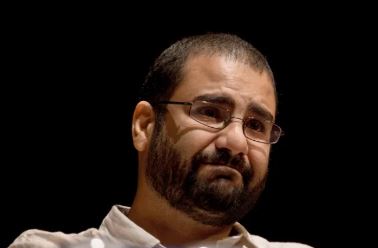
UK’s Leverage on Egypt: Human Rights Groups Demand a Halt to Financial Ties Until Alaa Is Freed
November 5, 2024November 4, 2024 – Albania –
Two Albanian camera crews—Fjorela Beleshi and Elja Zotka from A2 CNN, and a TV Klan team—were unjustifiably detained at Greece’s Kapshtica/Krystallopigi border as they attempted to cover Albanian Prime Minister Edi Rama’s rally in Thessaloniki. The crews carried valid accreditation and verbal clearance from the Albanian Foreign Ministry, yet Greek authorities confiscated their passports, held them for over four hours, and refused entry without explicit approval from the Greek Foreign Ministry.
Authorities also attempted to stop them from livestreaming the delay, impeding real‑time reporting and restricting the journalists from fulfilling their duties. After bureaucratic delays, the teams were eventually allowed to cross, but only after Greek diplomatic approval intervened.
The SafeJournalists Network condemned Greece’s actions as a blatant infringement of press freedom and European principles protecting journalists’ movement. They emphasized that imposing last-minute bureaucratic hurdles and vague diplomatic demands undermines democratic values. Women Press Freedom echoed this view, denouncing the seizure of passports, prohibition on equipment use, and forced equipment abandonment as unacceptable violations that undermine journalistic integrity.
Historical context underscores the severity of the incident: Albanian reporter Marin Mema was similarly denied entry in 2012, labeled persona non grata by Greek border officials for covering minority issues. The repeated obstacles point to a concerning pattern where state authorities exert arbitrary control over journalists’ access.
This border denial reflects a broader deterioration of press freedom in Greece. A recent Human Rights Watch report documents a hostile environment marked by police intimidation, surveillance, concentration of media ownership, and xenophobic targeting of foreign journalists, including those from Albania.
Cross-border reporting is vital to democratic oversight, particularly when covering transnational political events. Greece’s deliberate interference with Albanian journalists sets a troubling precedent: it not only represses free movement but also signals to media professionals that their work can be curtailed on political grounds. As investigations continue, both Greek and EU authorities must clarify the justification for these actions and reaffirm their commitment to unhindered journalistic access by European law and norms.
Reference –
SafeJournalists: Albanian Journalists’ Prevention to Enter Greece Violation of Press Freedom

